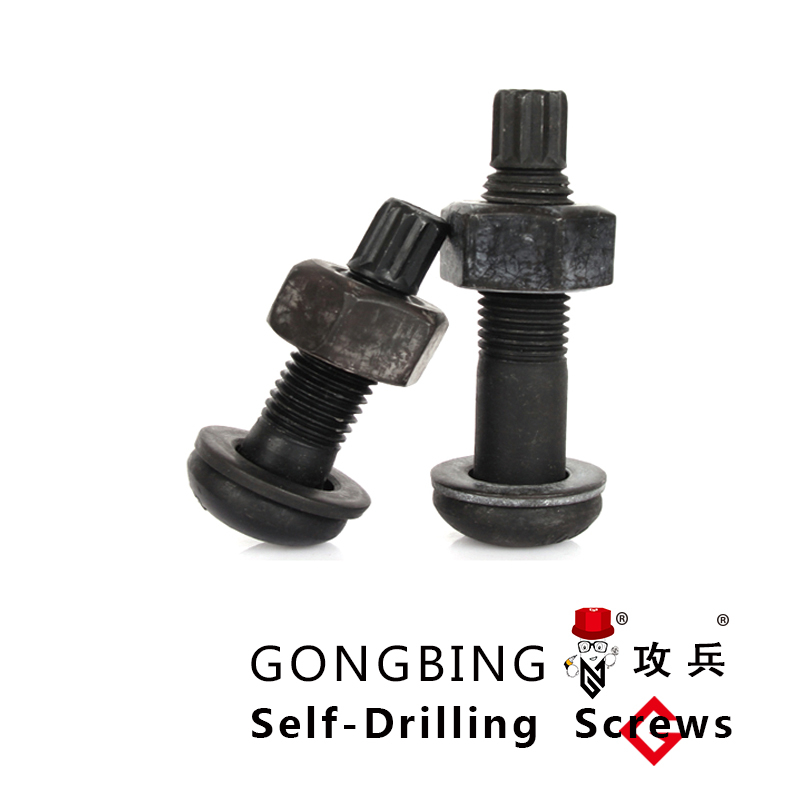self threading screws for steel
Understanding Self-Threading Screws for Steel Applications
Self-threading screws, often referred to as self-tapping screws, are a crucial component in a variety of metalworking applications, particularly when it comes to fastening steel components. Unlike traditional screws that require a pre-drilled hole, self-threading screws are designed to create their own threads as they are driven into the material. This unique feature makes them highly efficient for quick assembly, especially in environments where time and precision are critical.
Understanding Self-Threading Screws for Steel Applications
Self-threading screws are typically made from high-quality steel alloys, which enhance their strength and corrosion resistance. Choosing the right coating, such as zinc plating or black oxide, can further improve durability, making them ideal for outdoor or harsh environments. Different configurations, including flat heads, pan heads, or hex heads, can also influence their performance and the tools required for installation.
self threading screws for steel

Another critical aspect of self-threading screws is the thread design. There are predominantly two types of thread profiles used sharp threads and blunt threads. Sharp threads are well-suited for thin steel, enabling easier penetration and reduced drive resistance. On the other hand, blunt threads provide superior grip in thicker materials, where a more robust fastening is necessary.
Additionally, the drill point design of self-threading screws can significantly impact their effectiveness. Common designs include Type A and Type B points, which serve different purposes depending on the material and thickness. Type A points are designed for softer materials, while Type B points are engineered for harder structures like steel.
Installation of self-threading screws requires proper technique to ensure maximum holding strength and to prevent material damage. Pre-drilling may be advisable for thicker steel sections to avoid excessive torque, which can lead to screw breakage or material cracking. Utilizing a torque limiter during installation can prevent overtightening, ensuring a durable and reliable connection.
In conclusion, self-threading screws are indispensable in the realm of steel fastening solutions. Their ability to self-tap not only simplifies the assembly process but also provides a robust option for ensuring that steel components remain securely attached. By understanding the various types and designs available, as well as the appropriate installation techniques, engineers and manufacturers can effectively select and utilize self-threading screws for their specific applications, enhancing both efficiency and safety in their operations.
-
Wedge Anchor Bolts: Secure Fastening SolutionsNachrichtAug.05,2025
-
Insulation Fixings: Secure and Durable SolutionsNachrichtAug.05,2025
-
Full Threaded Studs: Versatile Fastening SolutionsNachrichtAug.05,2025
-
Expanding Fasteners: Secure and Reliable SolutionsNachrichtAug.05,2025
-
Butterfly Toggle Anchors: Secure and Easy to UseNachrichtAug.05,2025
-
Bracing Solutions for Steel StructuresNachrichtAug.05,2025
